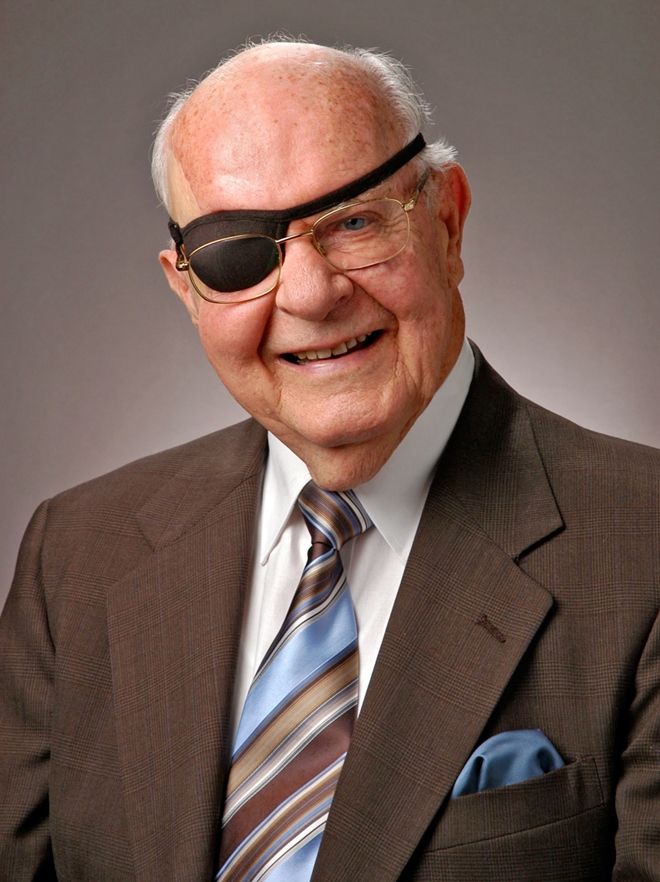The Measure of a Mentor
1 Thessalonians 2:8
Introduction to Mentoring
- Definition and Importance of Mentoring
- Addressing the shortage of leaders
- The desire for effective methods
- The need to revive existing leadership
Definition and Goals of Mentoring
- Developing individuals to their highest potential in Jesus Christ
- Recognizing and accommodating individual differences and gifts
Biblical Foundations of Mentoring
- Examples from the life of Christ (Mark 3)
- Examples from the life of Apostle Paul (2 Timothy 2)
Commitment in Mentoring
- Importance of unconditional commitment
- Reference to 1 Thessalonians 2:8
- Commitment to the person and the concept of mentoring
- The investment of time and energy
Honesty in Mentoring
- Speaking the truth in love (Ephesians 4:15)
- Objectivity and openness
- Transparency and sharing personal experiences
Modeling in Mentoring
- The role of the mentor as a model
- Difference between modeling and mentoring
- Personal involvement and impact
Key Components of the Mentoring Process
- Modeling positive and negative behaviors
- Teaching with readiness and sensitivity
- Coaching and evaluation
- Affirmation alongside confrontation
Concept Orientation
- Importance of being concept-oriented
- Scriptural references: 1 Timothy 3:2, 2 Timothy 2:2, Titus 1:9
- Knowledge, communication, and patience
Discernment in Mentoring
- The ability to see potential (Matthew 4:19, John 1:42)
- Recognizing strengths and weaknesses
- Providing guidance for improvement
Examples from Scripture
- Barnabas mentoring Paul (Acts 9:26-27, Acts 11:22-26, Acts 15)
- The significance of Barnabas' role in Paul's development
Conclusion
- The ongoing process of mentoring
- Encouragement to develop as mentors who can effectively guide others
*The above summary is AI-generated, so discrepancies may exist. Please refer to the audio or video file to verify accuracy.
About the Contributors

Howard G. Hendricks
Dr. Howard G. Hendricks, known simply as “Prof,” directly or indirectly touched millions of lives in the evangelical community and beyond. For more than sixty years Prof served on the faculty of Dallas Theological Seminary (DTS), where he taught more than ten thousand students. He served as the chairman of the Center for Christian Leadership for over twenty years. He also ministered in person in more than eighty countries. Through speaking engagements, radio, tapes, films, the sixteen books he authored and coauthored, countless journal and popular-market articles, his service on numerous boards, and his work as a chaplain to the Dallas Cowboys (1976–1984), his reach was and is worldwide.
His legacy, in partnership with Jeanne, his wife of more than sixty-five years, includes four children and six grandchildren. Holding large audiences enthralled at venues such as Billy Graham’s conference center or Promise Keepers’ stadium rallies, Prof would confide, “It’s wonderful to be here with you, but I have a group of delicious students waiting for me back at the seminary.”
